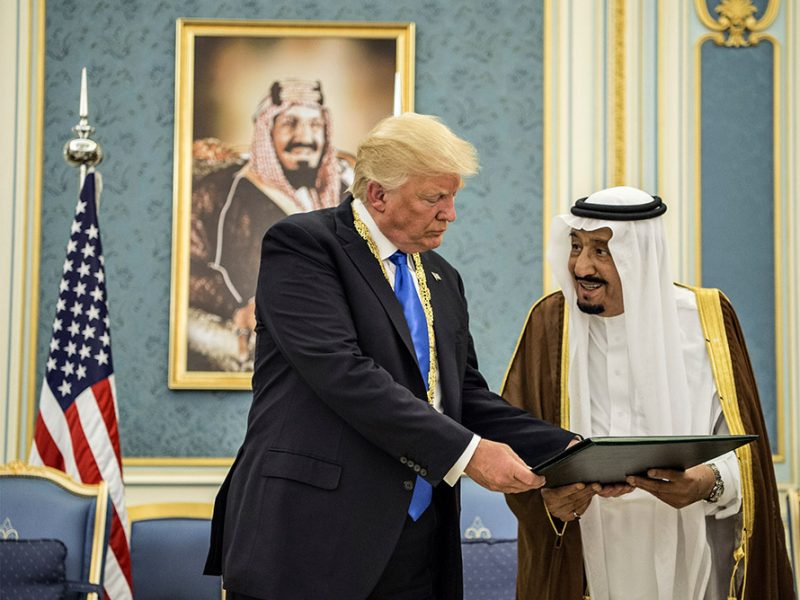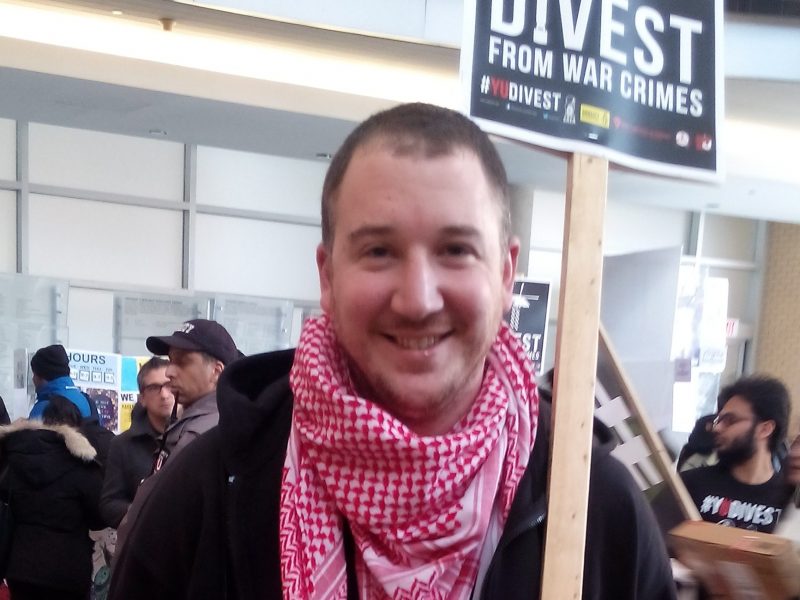The Saudi ruling elite has relied on US backing, and


In the years since the Arab Spring began the international left has become increasingly divided over Syria…
By Khalil Habash
This article is the last part of a three-part series exploring key questions and debates that have emerged in relation to the Syrian revolution that has been ongoing since the beginning of the uprising in March 2011. The first part, “Who is Behind the Popular Movement?,” can be found here. The second part, “A Sectarian Movement?,” is here.
By Farooq Sulehria
Saudi Arabia, along with other Gulf states, have been key protagonists in the counter-revolutionary wave unleashed against the uprisings. Indeed, 2011 has clearly demonstrated that imperialism in the region is articulated with – and largely works through – the Gulf Arab states.
‘Overall, it is important for the Left to support the ongoing struggles in the revolutions as the contradictions of the new regimes continue to sharpen,’ says Adam Hanieh.
Adam Hanieh is a Lecturer in Development Studies at the School of Oriental and African Studies (SOAS), University of London. He is author of Capitalism and Class in the Gulf Arab States (Palgrave-Macmillan 2011) and a member of the Editorial Board of the journal Historical Materialism.
By Ali Mustafa
Gilbert Achcar is a Lebanese writer, socialist, and antiwar activist. He is also a professor of Development Studies and International Relations at the School of Oriental and African Studies (SOAS) in London, and author most recently of The Arabs and the Holocaust: the Arab-Israeli War of Narratives. In this interview, he discusses the significance of the ongoing revolutionary wave of mass protests occuring across the Middle East with one of the New Socialist webzine editors Ali Mustafa.